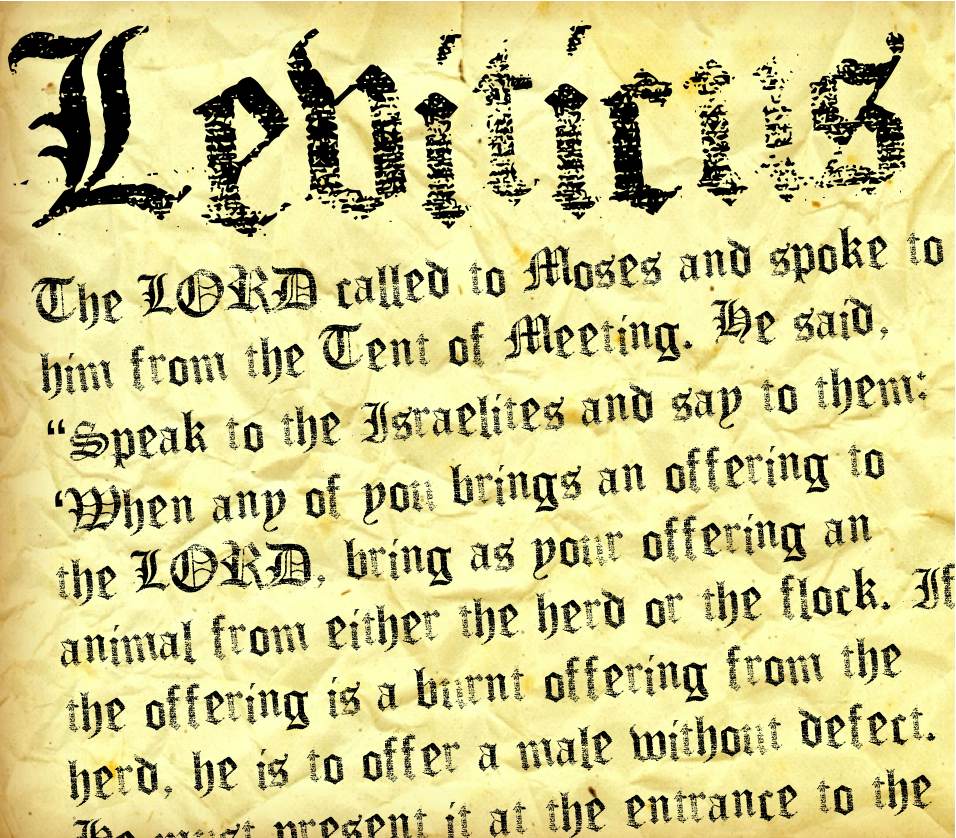Is Your Congregation United?

It is God who has called every Christian into fellowship through the blood of His Son, Jesus (1 Cor. 1:9). When we obey the gospel, having been immersed into the Lord’s death, it is God who puts us in His universal church (Acts 2:47; Rom. 6:3-4). Once we have received the grace of God through our obedience we then have a responsibility to serve in a local congregation of the Lord’s kingdom (Phil. 1:1). God organized individual churches according to His divine purpose for the faithfulness of every Christian and the work of the great commission. So, assuming you are a part of a local group of believers – the question of this article is simply this: “Is the congregation of which you are a part unified in both love and doctrine?”
The attitude of the body is largely a reflection of the example set by the leadership. If the elders of a local church are united it is going to be more likely that the members will be as well. Where there are churches with divided elderships you often have at least two churches meeting under the same roof. It is the responsibility of the local elders to work diligently on their relationships with the rest of the elders towards love and peace. This means talking about Scriptural matters and being together in their understanding of the doctrine of Christ. It also involves agreement on policies and expedients that are decisions attached to Scripture that are strictly up to the opinions of the local church. If elders can work together and be unified on these things then the chances for congregational success will be high.
The relationship of the ministers within the local church will also have a great deal to do with the unity of the members. Some congregations only have one minister, but several have multiple men on the staff serving as preachers or youth ministers or in some other capacity of service. Ministers in the church cannot be rivals with each other. They must also, like the elders, agree on doctrinal matters. They must love and respect each other and develop meaningful friendships that are especially close. Elders should recognize that a church is in big trouble if there is conflict or a lack of closeness within the ministry staff.
What about the members? It seems the biggest factor with regard to unity within the membership has to do with interpersonal relationships. If a church is full of cliques, or if the members are largely just people you attend worship with rather than the closest of friends, there will be no real unification within the local body. The model of 1 Corinthians 12 and Romans 12, along with Acts 2 and 4 give us examples of a loving church full of individuals who are largely interconnected with each other on a daily basis. If local members are in each other’s lives and taking care of the emotional, spiritual, and physical needs of one another, it is likely that this church will become a family. If love abounds, if humility is present, if forgiveness is available, and if hearts are open to a sound pulpit – then you can have unity with the local body of Christ.
My prayer for you is that you find yourself in a church that is united in word and deed and in the love of Christ and in the doctrine of the Bible. If you are a part of a church like that, say a prayer of thanksgiving to the Lord. If you are not a part of a unified church, think to yourself about what you can do to make it more that way. If necessary, even to the point of relocation, make a change that will make it possible for you to worship with a family who loves the Lord and who wants to love each other and dwell in unity. May God bless you in your efforts to love Him most and to carry out His will in the local church!
“…that they all may be one, as You, Father, are in Me, and I in You; that they also may be one in Us, that the world may believe that You sent Me.” – John 17:21
To Receive Every Article from A Legacy of Faith through Email for Free, Click Here
AUTHOR: Jeremiah Tatum


